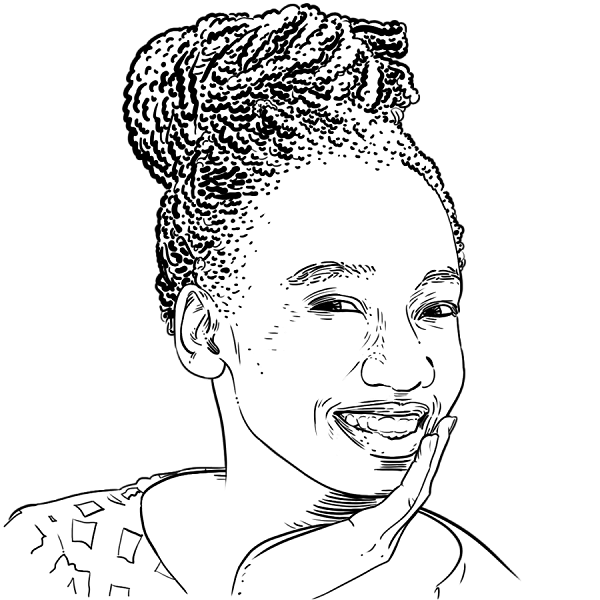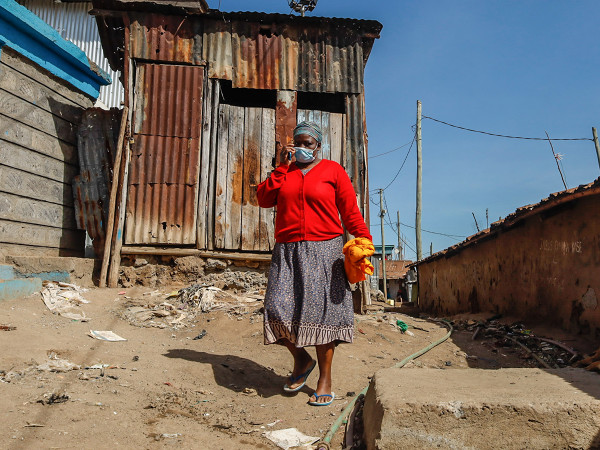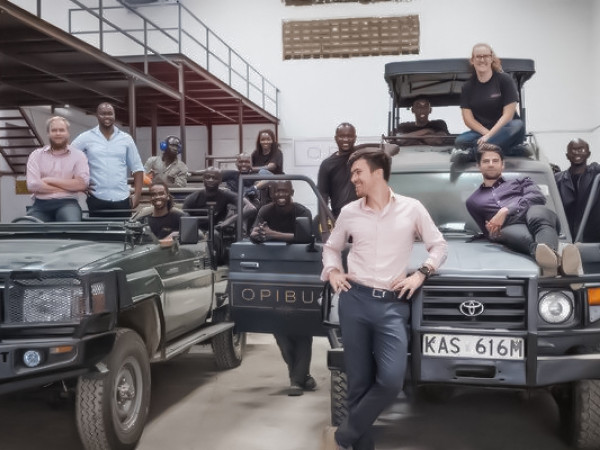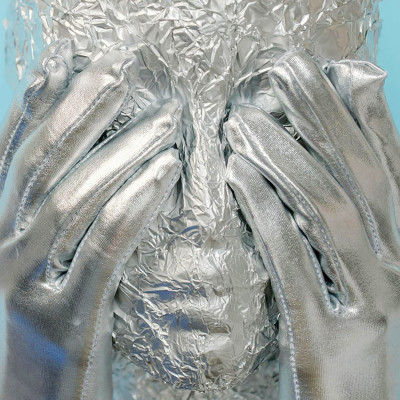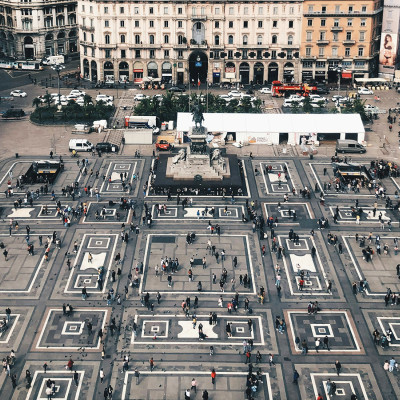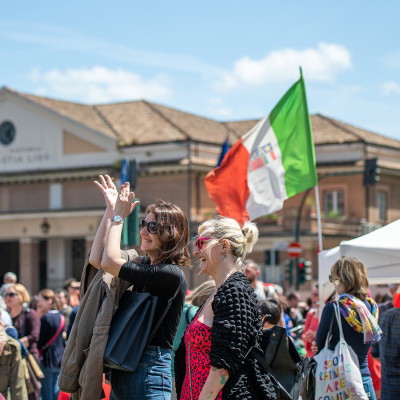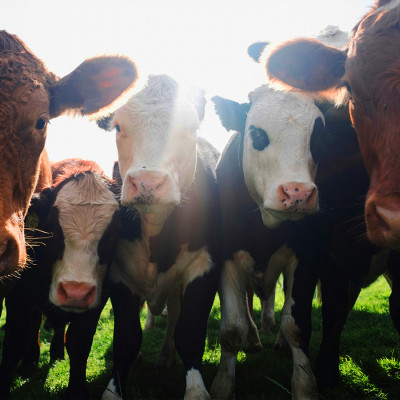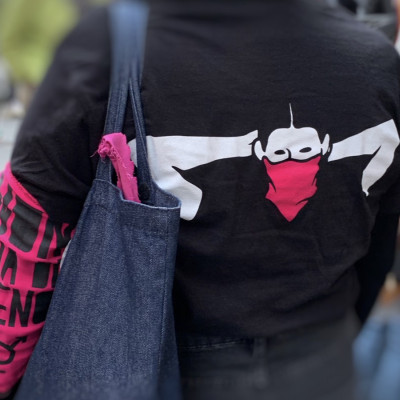Navigating the Public Transport System in Nairobi as a woman
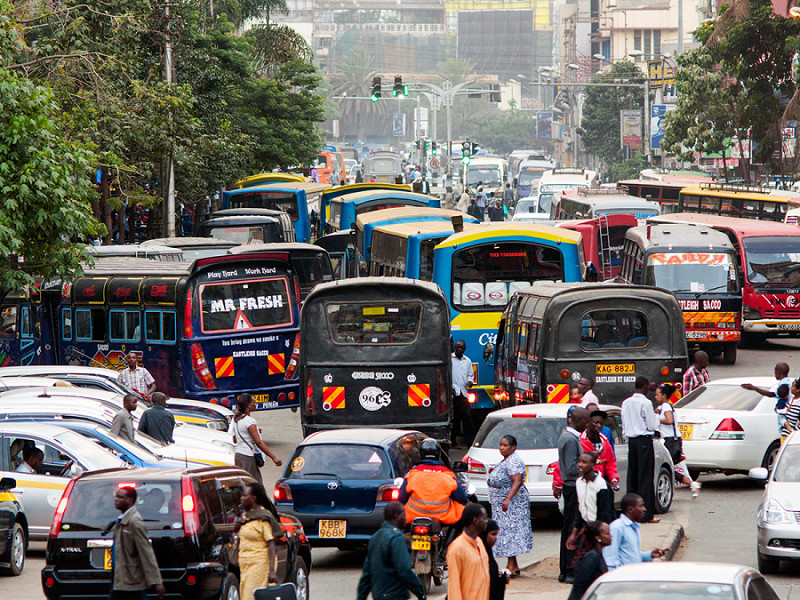
Nairobi is a city of buzz where everyone always seems to be in a hurry to get somewhere.
That explains the multitude of buses and matatus (colorful minibuses found in Kenya and other parts of Africa, known for blaring out loud music, and have extravagant in their design. The word matatu is a Swahili term meaning “three,” coined in the 1970s to describe the then-new mode of transport when people used to pay three pennies to get from one point to another in the minibuses) you meet while walking around.
When you visit or live in the city, you have four main commuting options: to walk, use your own personal vehicle, use a mobility service provider like Uber and Bolt or public transport such as matatu, bus or motorbike.
In the recent past, there have been cases of women reporting sexual abuse incidents whilst using public transport systems.
The reports became even more rampant after media personalities spoke up about their experiences.
For instance, Anita Nderu, a media personality in Kenya, narrated her experience to a local newspaper in 2017 as follows: «I was sitting, facing the opposite direction, just holding on to my bag. I just felt something cold on my left boob. I look down and I see a hand, which I followed to see this man who had reached down under my sweater, under the bra and he was just grabbing onto the boob», she said in the 2017 interview.
Anita explained that she tried to confront the abuser, repeatedly asking him to remove his hand, but he would not budge. What was even more troubling about the incident was that no one on the matatu, not the conductor, driver, or other passengers spoke up or helped her.
The fact that no one spoke up for her raises questions as to what kind of society we live in.
Other tragic incidents have included women being stripped and raped with the men justifying their actions by claiming that the women were indecently dressed.
In addition, women not only experience abuse from men but also from other women. I have had instances of colleagues and friends complaining to me about women who spoke to them ‘indecently’ and even spanked them while alighting from a vehicle.
In such cases, there is little you can do because by the time you absorb the shock of what has happened, the vehicle will be far gone and you wouldn’t really know who did it. The vehicle touts also seem to be promoting these uncouth mannerisms through the phrases they use.
A common phrase used is “wewe ni size yangu” meaning ‘you are my size’ which is a sexual connotation that really means they would like to sleep with you.
According to a report titled Safety and Security is a Major Concern for Most Women in Nairobi, released by the United Nations in 2021, about 80% of Kenyan women in the capital city have been harassed while using public transport.
Rukaya Mohammed, the UN Women Deputy Country Representative of Kenya, reported that, «Only 1 per cent of the actions taken after incidents of harassment led to the perpetrators being apprehended».
This shows how flawed the system is and the need for reforms.
She further reiterates: «Harassment, including sexual and emotional abuse while using public transport, may hinder women from accessing and fully exploiting economic opportunities and from providing or enjoying social services». In comparison, it is unclear as to whether men experience the same abuse as women since not many of them are vocal about it.
Previously, I used to believe that a woman’s likelihood of being abused depended on her location, since the more affluent areas of the city seem to have less reports of such abuse.
However, my perspective shifted after I found out that incidents of abuse have also been reported in mobility service providers.
So, what can we do to shift the narrative?
In my opinion, there is a need to raise awareness on such matters. Individuals should be encouraged to speak up when they experience abuse.
I also advocate for cctv cameras to be installed in public service vehicles to enable easy investigation of reported cases.
Touts should be thoroughly vetted and offered training on gender rights mainstreaming, professionalism, personal and professional development.
The abovementioned UN report also gives stellar recommendations that, if implemented, will improve the lives of both men and women.
In conclusion, sexual abuse is a menace in the Kenyan public transport system that needs to be dealt with. It is a wonder whether women can ever truly be and feel safe in public service vehicles especially since they not only encounter abuse from men but also from women.


